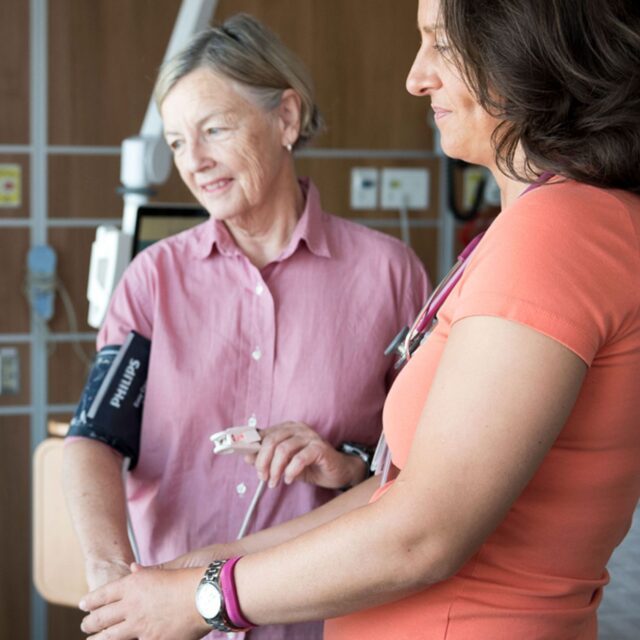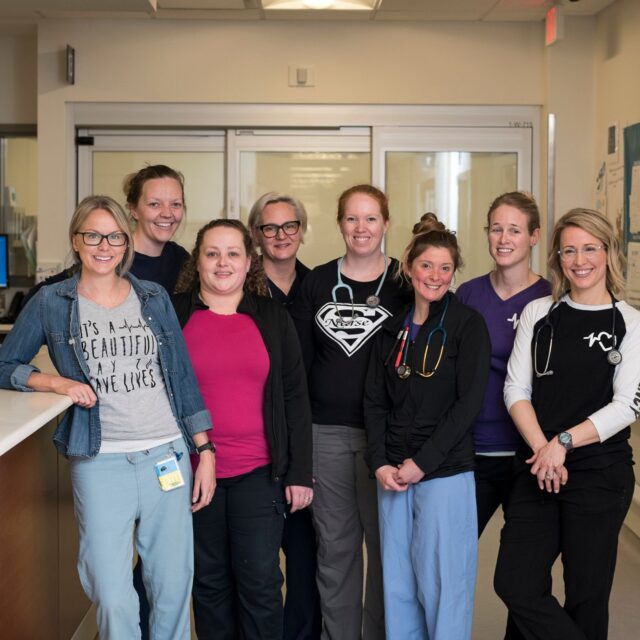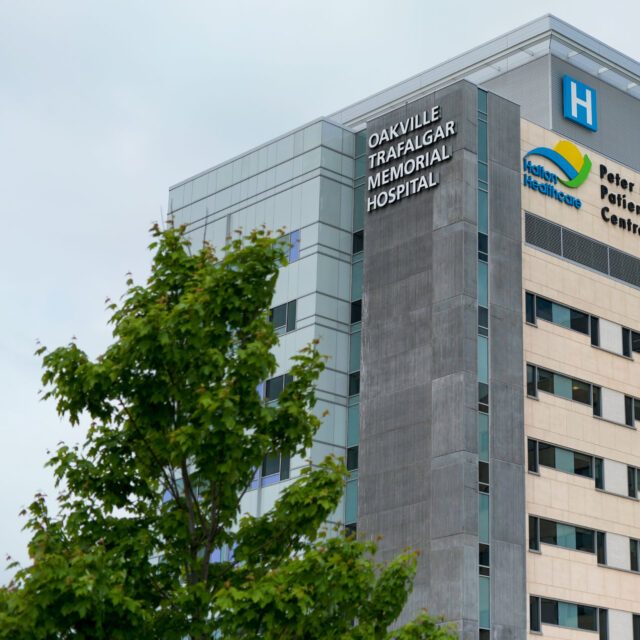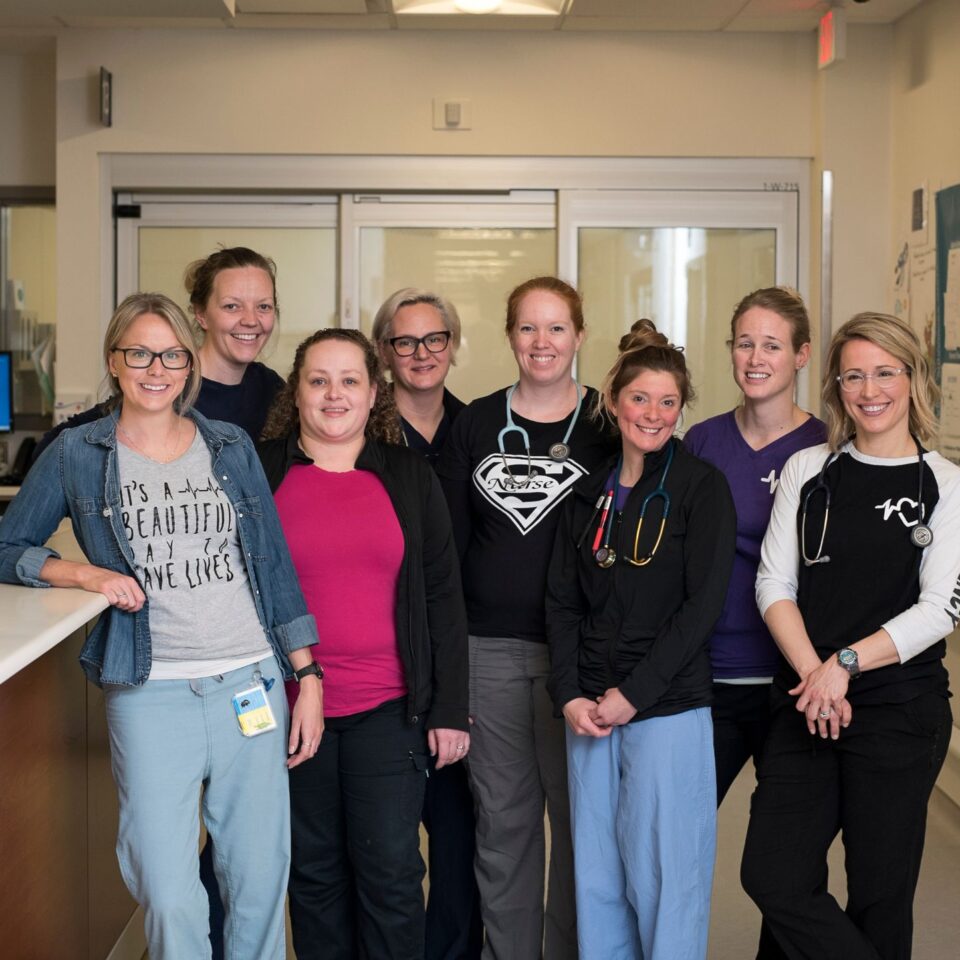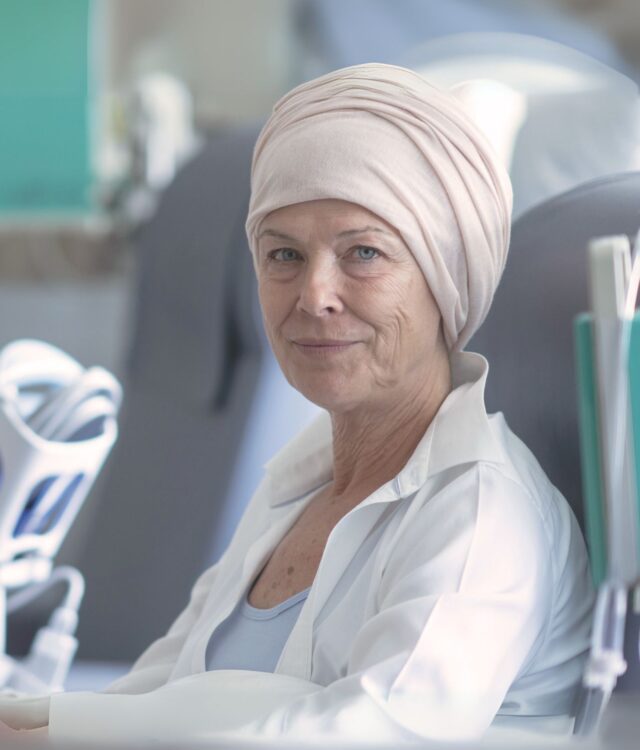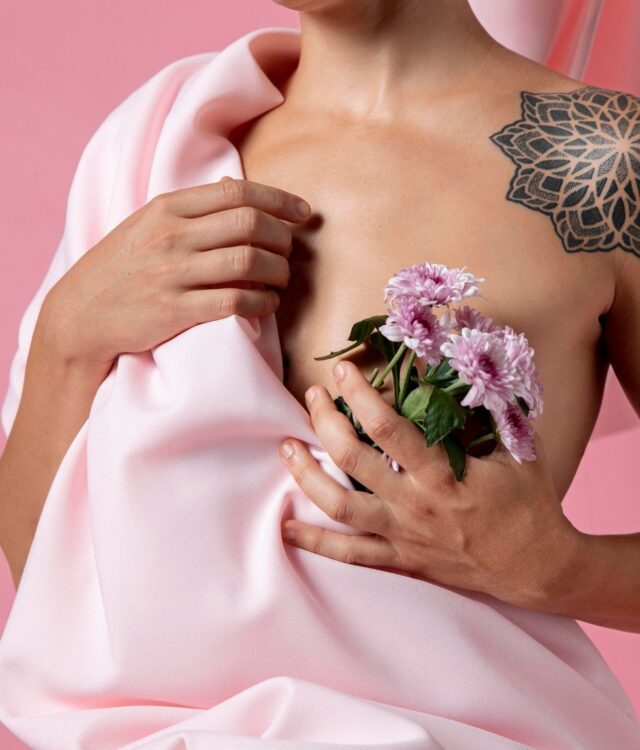The Power of Hope
- Share This Story
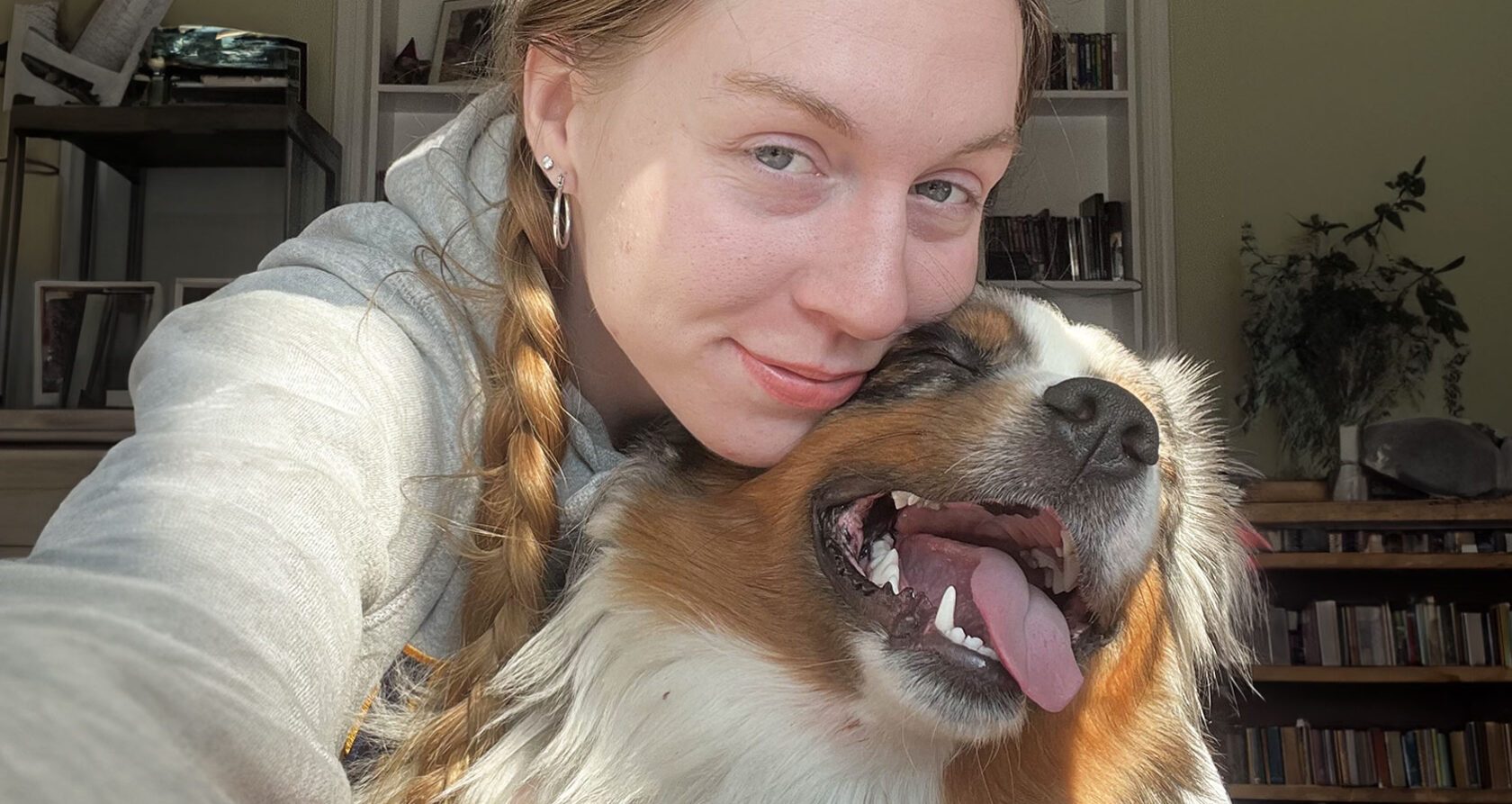
Last fall was 10 years since I attempted to take my life.
As a survivor and someone who persevered thanks to the mental health programs in my community, I share my story, hoping it will light the way for others.
When I was first admitted to the hospital as a teenager, I was very fearful of what lay ahead.
Fear is a strong emotion, one that shapes our mindset, our behaviours, our choices. It can stop you in your tracks, or it can push you to move forward. It all depends on how you perceive it.
Without guidance in the face of fear, it can persist, maintaining its grip on you and eroding your sense of control.
But when people show you what to do and give you the right support, you can regain your footing. You start to build yourself back up.
We all have this amazing ability to turn our fear into something that can make us move ahead instead of holding us back.
In moments of mental health crisis, our hospital is the first experience for those gripped by fear.
At Oakville Trafalgar Memorial Hospital (OTMH), we have special programs and groups that help people start to get better. They’re the first steps on the path to recovery.
Reflecting on my own journey during my hospital stay, I actively participated in both inpatient groups and the outpatient day program. Fast forward to today, where I find myself in the role of an educator, teaching classes within the same day program.
What sets this experience apart is that I’ve personally walked a similar path as my patients. I’ve been part of the very groups I now lead, offering the same care that once made a profound difference in my own recovery journey.
I haven’t forgotten the underlying resolve of each program, nor its enduring presence in my life. In fact, it’s central to the care I provide today and is the foundation of support we provide to our patients.
It’s the embodiment of hope.
Hope is very powerful. It’s the driving force and necessity of survival. It gets us out of bed in the morning. It motivates us to follow our dreams. It makes us believe in ourselves.
Hope blossoms the ideas we have, our ability, our strength, our purpose, and successes.
Hope also encourages evidence-based thinking, an extraordinary tool in recovery providing proof within our lives of why we are and should feel valued. Because we are. There is a force in being undeniably YOU; there is hope attached to self-love and self-efficacy.
The mental health care I received turned my fear into something that pushed me forward. It laid the foundation of who I am today, to slowly but surely, step by step, build the life – the woman – I am today.
Each step I took in getting better meant something different. It started with confidence and acceptance, leading to actions driven by self-love, care, and motivation.
Sharing my story as a peer mentor was a big step. It showed I could stand on my own – an achievement that initially drew its strength from the bedrock of hope.
Today, I’ve come full circle, now as a provider of hope, just as I once relied on the hope extended to me. I have grown up and recovered, with a very strong foundation of hope within my heart. I am a survivor.
Hope guides us from ‘I can’ to ‘I will.’ In the words of Audrey Hepburn, ‘To plant a garden is to believe in tomorrow.’ We believe in that at OTMH, and we see our patients get better every day.
Our programs focus on behavioural therapies, teaching the way we think, the way we act, and how to effectively manage our emotions and behaviours in a world many of us struggle with.
The mental health programs at OTMH, with help from nurses, clinicians, doctors – alongside the care and hope from our community and donors – hold us up.
Helping people face their fears early on means we’re helping them get better. I’m living proof of that.
It is an honour to educate, a privilege to listen, and a pleasure to provide care within programs that forever altered the course of my life. And what’s truly remarkable is witnessing these programs work their magic for others.
In the words of Stephen King through Andy DuFresne, ‘Hope is a good thing, maybe the best of things – and no good thing ever dies.’
More About Kayleigh:
Today, Kayleigh is an honours student at York University, dedicating her studies to Psychology with a concentration in counseling and mental health. But that’s not all – she also serves as a mental health provider for Early Intervention Psychosis at Halton Healthcare.
As a certified peer mentor, Kayleigh brings a unique perspective to the table – the perspective of lived experience. She provides one-on-one support to First Episode Psychosis patients through The Phoenix Program at OTMH.
